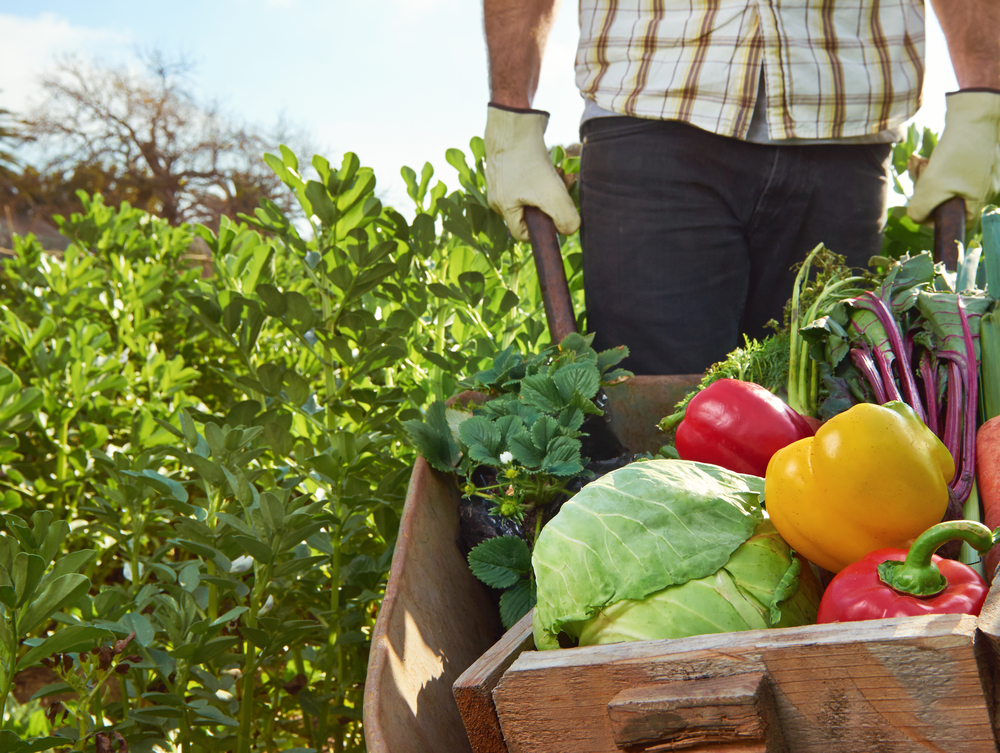Social impact comes in waves. Coffee, for instance is in the third wave. It is seen as artisanal instead of just a commodity. The third wave has brought improvements at every step of the supply chain: beans are grown more ecologically friendly, people are paid more, relationships are built between farmers and roasters, coffee shops are destination places where people meet for business and pleasure, etc. Consumers are given a choice within this market to purchase beans that have been grown, harvested, dried, roasted and sold within a set of values that include human dignity and environmental protection.
The concept of healthy meals, quality ingredients and local, small farm sourcing has entered a new wave of its own. While it is not fully developed, it may be said that dining has entered a second wave when it comes to what is important and what people are looking for. Taking advantage of the conscientious mindset surrounding good food are a number of new businesses, food subscription services, that cater to the desire to experience a great meal, easily.
Meal subscription services have successfully engaged our culture right in the sweet spot: give people the food they want, sourced from places they can trust, but don’t make them jump through hoops for it. While some of these businesses are delivering ready-to-cook meals and others are delivering read-to-eat, they are all finding something similar as the coffee producers and roasters did: People are willing to pay a bit more to know they are buying well.
Services like Plated, Blue Apron and Hello Fresh are delivering healthy, fresh ingredients right to doorsteps, already portioned and ready to create an amazing meal by following the included recipe. Plated, Blue Apron and Hello Fresh are all based out of New York and deliver based on zip code across the U.S. They are not the first food delivery businesses to enter the marketplace, delivery is old news, but they are offering something different – raw ingredients ready to cook – to a particular segment of the market – professional singles, dual income households and aspiring Chefs. And people have bought into the system. Literally. Paying around $12 a meal plus a subscription fee for raw food and spices and an inspired recipe.
A few startups are taking the model of the big players and are inspiring the next step in the evolution by moving towards locavore trends, limited carbon emissions and other important concepts to today’s consumer.
The new Peach Dish is sourced “regionally and seasonally” in the South, which is great for purchasers in their area, even if it doesn’t quite fit “local” once it ships across states. It is still giving smaller, family farms a chance to diversify their income and get their products to market while giving people the chance to cook a conscientious meal at home.
Green Tiffin is perhaps a step even further into food ethics. They deliver “healthy, sustainable plant-based meals in reusable boxes using electric bicycles,” for lunches in San Francisco. The meals are already made, designed for busy business people, and arrive to you based on how often you have subscribed for their delivery service. When they drop off your next lunch, you hand back your previous meal’s dish, eliminating trash and recycling. You can’t get much more local or green than that. Green Tiffin’s founder sums up both the consumer mindset he is catering to and their vision as a company, “We want you to feel great about what you’re eating – inside and out, from seed to plate. We make sustainable food convenient so you can make wholesome choices.”
These new food delivery systems are catering to discerning consumers who are looking for better options and are willing to pay for them. We wonder how far the trend will go. Do you think making ethical consumption more convenient will shift the market? Tell us what you think @StarterNoise using #deliverme


